|
Advertisement
|
Talasocracia
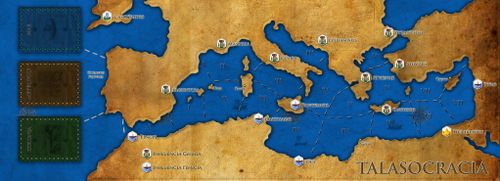
DescriptionBoard game for 2 to 4 players. Goal of the game Game materials TALASOCRACIA. Juego de mesa de 2 a 4 jugadores. Objetivo del juego Componentes Game DiscussionsAdd CommentYou need to be logged in to comment. Insert Bullet List Please enter at least one item. Item: Item: Item: Item: Item: Insert Numeric List Please enter at least one item. Item: Item: Item: Item: Item: Insert Link Please enter the link of the website Optionally you can add display text Insert Email Please enter the email address Optionally add any display text Insert Image Please enter the link of the image Insert YouTube Video Please enter the link of the video MarketplaceNo listings at the moment. Do you own this game? Click here to list it for sale.
Similar Games
|
Best Sellers
Board Games
|
||||||||||||||
Latest Searches: grand junction opoply | Replacement game pieces and DVD for tcm | Dump the junk | dumboard+rules | nimmt! | Idotest game | Ra | Leaders | Laurel o poly | One piece | Lords | St Norbert College | haunted | mine | legends+hulk | settlers of canaan | fast action football | Brute | Disney hedbanz expansion | Mulan+Disney+Contemporary+Purse+Style | Poriginal | Purcell+Oklahoma+Monopoly+game | Monopoly gamer pack | etobicoke-opoly | ucpphp | skull in the Stars | Rumi | beyblade xcalius | Monopoly malta | Mount dora opoly
All Rights Reserved


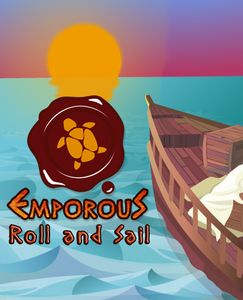
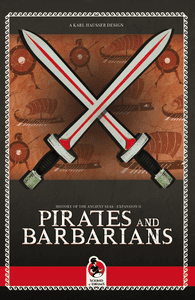
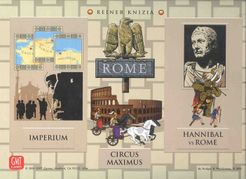
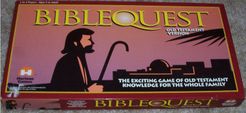
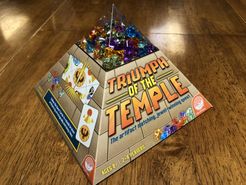
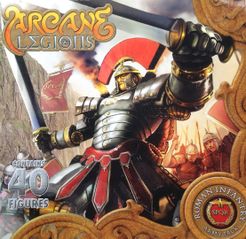
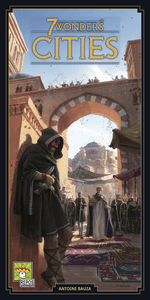
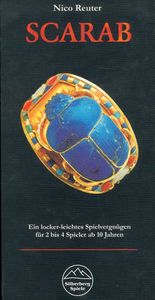
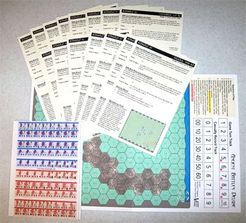
Comments (0)